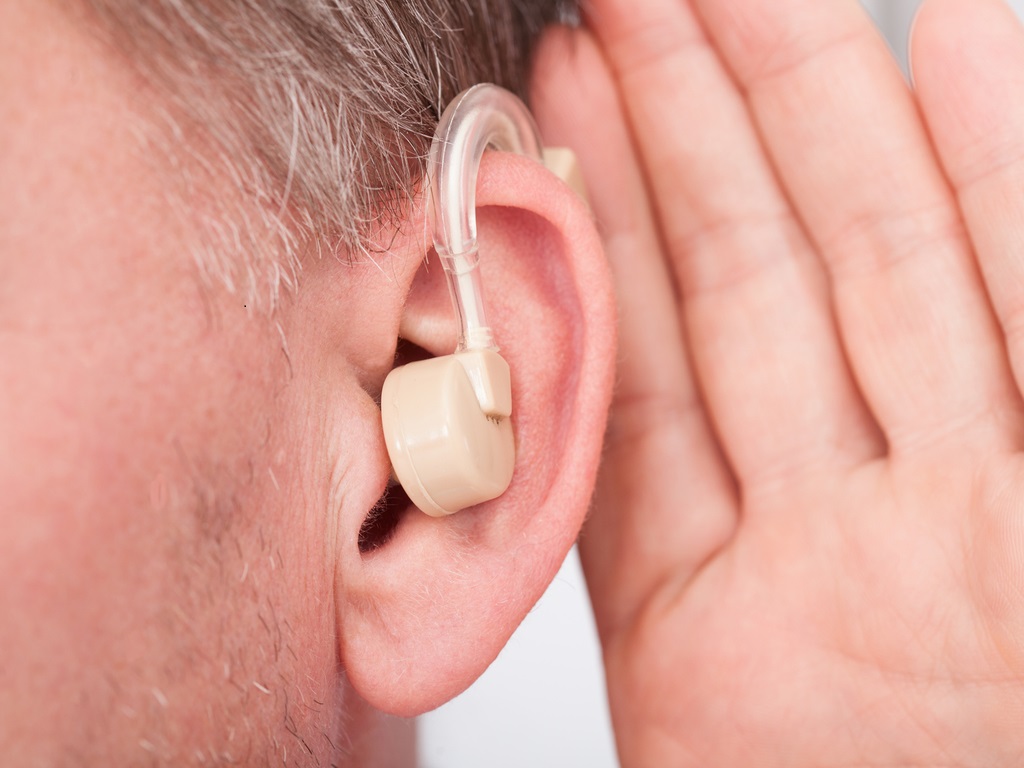Hearing loss shouldn’t prevent anyone from enjoying life’s conversations and sounds. Today’s hearing aids are designed to vastly improve the quality of life for those who have difficulty hearing. But with so many options on the market, how do you choose the right one for your needs? Let’s explore how to find the perfect hearing aid for you.
Understand Your Hearing Loss
Before diving into the different hearing aid options, it’s essential to get a clear assessment of your hearing from a professional audiologist. There are varying degrees and types of hearing loss, and the right hearing aid for you will depend on the specific characteristics of your situation.
Types of Hearing Aids
Once you know the level of your hearing loss, you can start looking at the types of hearing aids available:
Behind-The-Ear (BTE)
BTE models sit behind the ear with a tube that leads to an ear mold in the ear canal. These are notable for being easy to clean and generally have a longer battery life.
In-The-Ear (ITE)
These are custom-made to fit within the outer ear, making them less visible than BTE aids. They can be easier to handle but may pick up wind noises.
In-The-Canal (ITC) and Completely-In-Canal (CIC)
ITC and CIC hearing aids are near-invisible, fitting partially or completely in the ear canal. They are discreet but have small batteries and limited additional features.
Lifestyle and Budget
Consider your daily activities and the listening environments you often find yourself in. Do you need something rugged for outdoor activities or something that connects seamlessly with your phone for work calls? Then, balance these needs with your budget, remembering that while more features can mean higher costs, your clarity of hearing is an invaluable investment.
Trial and Error
Many professionals will offer a trial period with your hearing aids. Use this time to assess the comfort and usefulness of the device in your everyday life.
Professional Advice Is Key
Always lean on the expertise of hearing professionals. They can guide you in the nuances of fitting, features, and choosing a hearing aid that will best support your hearing health.
Conclusion
Selecting the right hearing aid is a balance of understanding your hearing loss, knowing the types of hearing aids, considering the features offered, and matching these to your lifestyle and budget. With professional guidance and a little bit of research, you can find a hearing aid that brings clarity to your world. Remember, the best hearing aid for you is one that you will wear consistently, improving your quality of life through better hearing.
